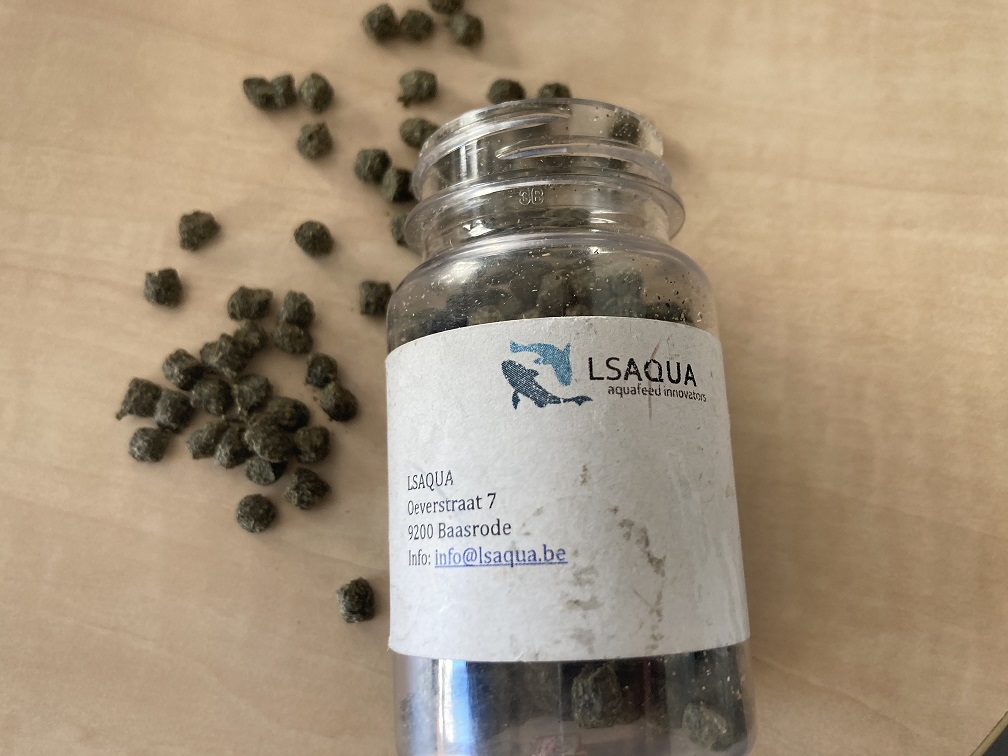
LSAqua
Danny Van Mullem CEO of LSAqua sees a great future for Aquaculture.
In his last interview, Mr. Van Mullem explains how he sees the future of Aquaculture and the vision of a holistic approch.
According to Van Mullem: “We are going to increase the health of the fish with our products. But this is not enough, we have to go for a total approach. Air, water and food are all equally important. If the water quality is not right, you can still have the best food: it will not work. When the pressure of bad bacteria in your system is that high, it crashes. There are parts of the world where it is no longer possible to farm fish because the whole biosecurity is dead.”
Van Mullem emphasizes that the aquaculture in Belgium is quite green: “In our country, a closed and circular system is mandatory, which is good for fish quality. The water passes through a biofilter that reduces ammonia and nitrogen. There are no external infections and there is no water wastage either. A good example is the aquaculture project of Omegabaars in Kruishouten, which pays a lot of attention to the environment. In a closed system, everything is better controlled, such as health status, water quality and nutrition. At sea there is pollution and there is less control. Yet we notice that many people still want fish from the sea.”
Finally, he added: “We use an alternative to fishmeal, which is based on an animal protein. We get that from residual products – or by-products – from the slaughterhouse. In concrete terms, blood meal, chicken meal, feather meal and bones from slaughterhouses are converted into high-quality proteins. Residual flows from, among other things, a potato factory are also converted into single cell protein (SCP), a bacterial protein that contains 70 percent protein. Our own research has shown that this has a positive effect on the intestinal flora of the animals. They have a better resistance and immunity and less mortality. By using the bacterial protein, we have been able to improve the technical results of shrimp. In the future, I think we will also be able to extract proteins from insect waste streams.”



